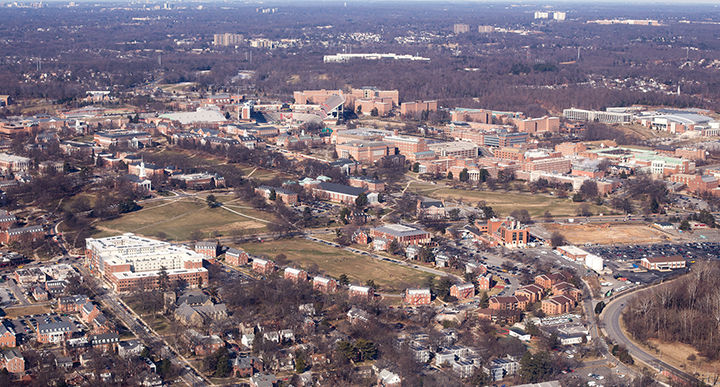The potential partnership between this university and the University of Maryland, Baltimore would benefit both institutions substantially. It is a continuation of the MPower collaboration between their public health programs that expands opportunities for graduate students in public health education, research, service and training.
The partnership would consolidate the professional schools under one university. However, this move could significantly affect the University of Maryland, Baltimore County, limiting attention paid to particular programs.
UMBC has long been engaged in various partnerships that not only benefit the University System of Maryland, but also the broader community of Baltimore. UMBC collaborates on the Choice Program, which offers annual job training and employment skills development for Baltimore-area youth, with coaching, mentoring and structured engagement activities provided by AmeriCorps members. It is a nationally recognized model for community-based intervention that has served more than 20,000 youth and their families from the state’s highest-risk communities for more than 27 years.
In the aftermath of the Freddie Gray riots, UMBC helped the Maryland Historical Society document the riots by collecting images, oral histories and videos from everyday citizens. Denise Meringolo, an associate professor and director of UMBC’s public history program told The Baltimore Sun, “When you study social movement from the past, sometimes what’s missing are the experiences and perceptions of the people who were in that moment. You find the official reports, but it’s very difficult to get a sense of what that protest was like viscerally from the ground view.”
In commenting on the potential partnership, Dr. Freeman Hrabowski III, UMBC’s president, alleged that UMBC was not included in any discussion on collaboration. Hrabowski commented that “it’s very clear from the past several years that we have not been included in the collaboration. It has been made very clear we could not be a part of MPower.” If true, this is unfortunate and yet unsurprising. UMBC tends to be overlooked because it is a smaller school, and it was probably not included in the merger discussion because it is not located in Baltimore City. However, UMBC should be included in the discussion because of the possible effects the merger could have on its programs.
In addition, other colleges and universities could benefit substantially in learning from its successes, particularly in the field of STEM education. Between 2004 and 2014, UMBC increased its STEM majors by 48 percent, which outpaced its overall enrollment by 18 percent. As of 2013, more than 40 percent of degrees granted are in STEM fields, a much higher proportion in comparison to other
state institutions.
Because of Hrabowski’s vision, leadership and commitment to academic excellence, UMBC has regularly been praised as one of the nation’s most innovative higher education institutions. In Princeton Review’s 2016 Colleges That Pay You Back, UMBC was praised for “providing exceptional education and research opportunities for students.” There should be collaboration among all of the universities in the university system, but partnerships should involve smaller schools like UMBC. The potential partnership between this university and UMB should include UMBC in the conversation.
Leslie McNamara is a public policy graduate student specializing in health policy. She can be reached at lmcnamaradbk@gmail.com.



